invites you to its
Lecture Series LXXXIII
Edwin van Teijlingen
on
PARI: Strengthening Health Research in Nepal
5:30 pm • 6 April, 2015 (Thursday) • Yala Maya Kendra, Patan Dhoka
Nepal has limited capacity in health research. As a result, it leads to a restriction in the ability to implement evidence-based health care. PARI (Partnership on Improving Access to Research Literature for Higher Education Institutions in Nepal), a partnership between Tribhuvan University, three UK universities (Bournemouth, Sheffield and Aberdeen), and the Development Resource Centre, Kathmandu, is a project aimed at supporting and enhancing health research in Nepal. The main objective of PARI is to move university lecturers away from textbook teaching and make them more critical of the academic literature available on the Internet. This lecture will dwell on the experience of PARI so far as it conducts workshops in Nepalis universities introducing the foundations of evidence-based practice and outline key electronic databases of health care and health service literature available to Nepali academics. These workshops were informed by: i) a curriculum review of all health-related courses at the major universities in Nepal; and ii) a needs assessment with lecturers, librarians and students of the major universities. Learning from this experience, the lecture will suggest how best we can move away from textbook teaching in health care and teach health-care discipline students how to find the most appropriate evidence-based treatment for each patient.
Edwin van Teijlingen is Professor of Reproductive Health Research at Bournemouth University, UK. He is trained as a sociologist and his interests lie in mixed methods research, qualitative and evaluation research. A large share of his academic work has been in the field of public health and the organisation of maternity care with publications of more than 200 papers, book chapters and books. He is Visiting Professor at two universities in Nepal: Nobel College affiliated with Pokhara University and Manmohan Memorial Institute of Health Sciences affiliated with Tribhuvan University. He is book review editor of Sociological Research Online.
Professor van Teijlingen has co-edited several books, including Midwifery and Medicalization of Childbirth: Comparative Perspectives (2004); Birth by Design: Pregnancy, Midwifery Care and Midwifery in North America and Europe (2001), which was short-listed for the 2004 BSA Medical Sociology Book Prize. Most recently he is co-editor of The Dynamics of Health in Nepal, published recently by Social Science Baha.
This is a public lecture and admission is free and open to all. Seating is first-come-first-served.
Please direct queries to Kathmandu: 4472807.
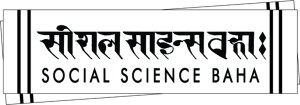
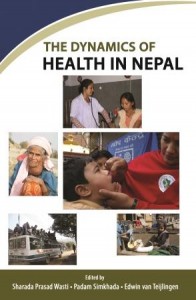
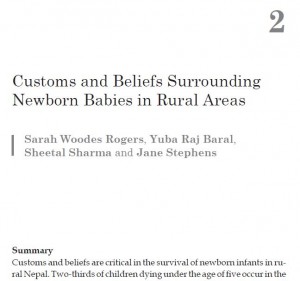
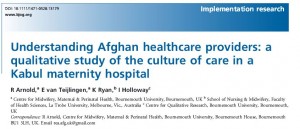


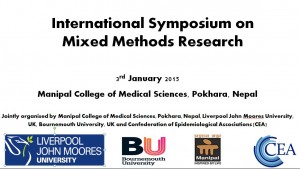

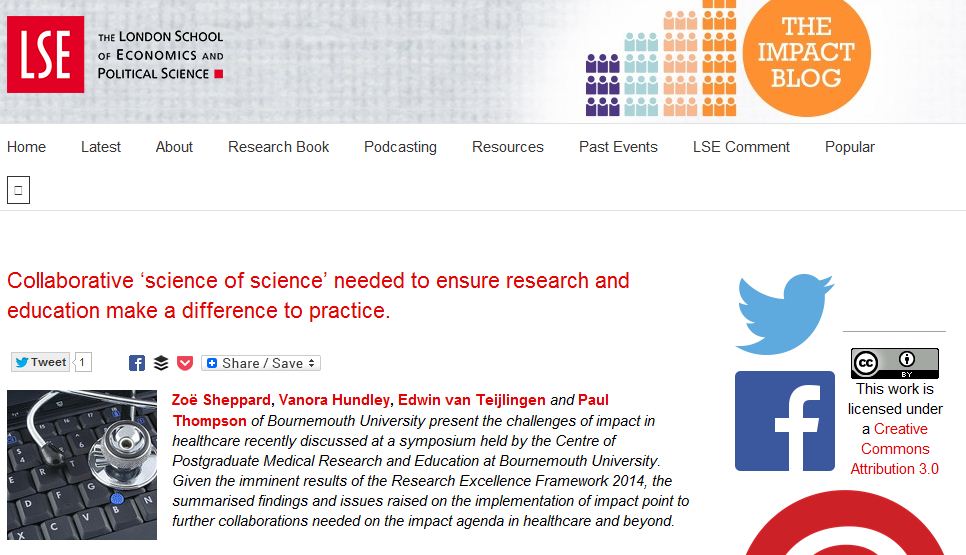


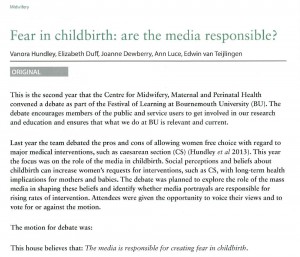

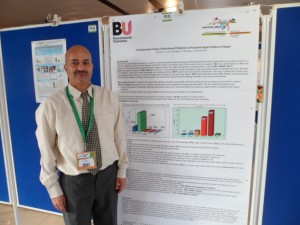
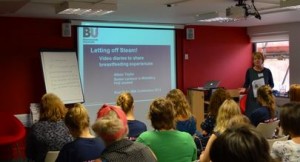
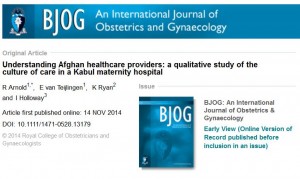
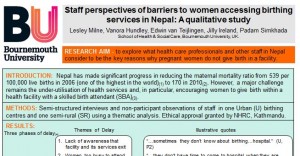
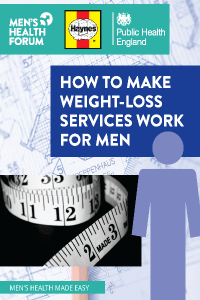











 Expand Your Impact: Collaboration and Networking Workshops for Researchers
Expand Your Impact: Collaboration and Networking Workshops for Researchers Visiting Prof. Sujan Marahatta presenting at BU
Visiting Prof. Sujan Marahatta presenting at BU 3C Event: Research Culture, Community & Can you Guess Who? Thursday 26 March 1-2pm
3C Event: Research Culture, Community & Can you Guess Who? Thursday 26 March 1-2pm UKCGE Recognised Research Supervision Programme: Deadline Approaching
UKCGE Recognised Research Supervision Programme: Deadline Approaching ECR Funding Open Call: Research Culture & Community Grant – Apply now
ECR Funding Open Call: Research Culture & Community Grant – Apply now ECR Funding Open Call: Research Culture & Community Grant – Application Deadline Friday 12 December
ECR Funding Open Call: Research Culture & Community Grant – Application Deadline Friday 12 December MSCA Postdoctoral Fellowships 2025 Call
MSCA Postdoctoral Fellowships 2025 Call ERC Advanced Grant 2025 Webinar
ERC Advanced Grant 2025 Webinar Update on UKRO services
Update on UKRO services European research project exploring use of ‘virtual twins’ to better manage metabolic associated fatty liver disease
European research project exploring use of ‘virtual twins’ to better manage metabolic associated fatty liver disease